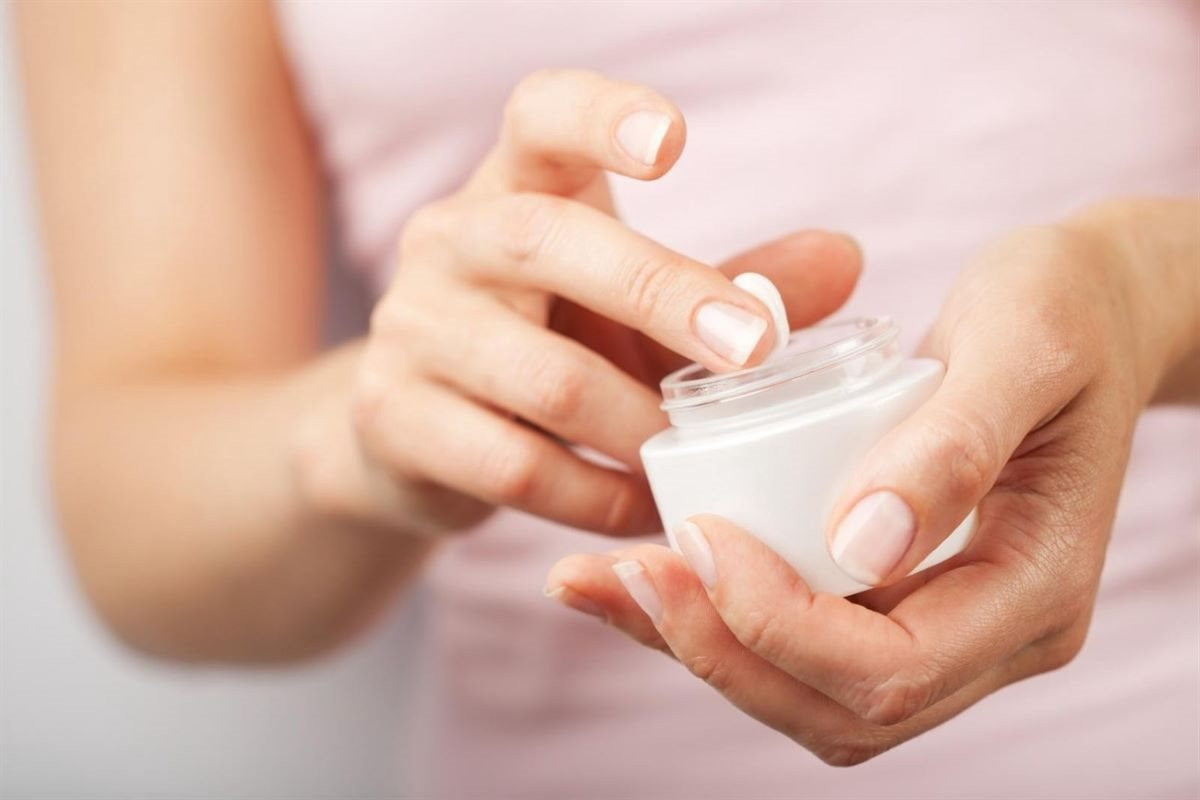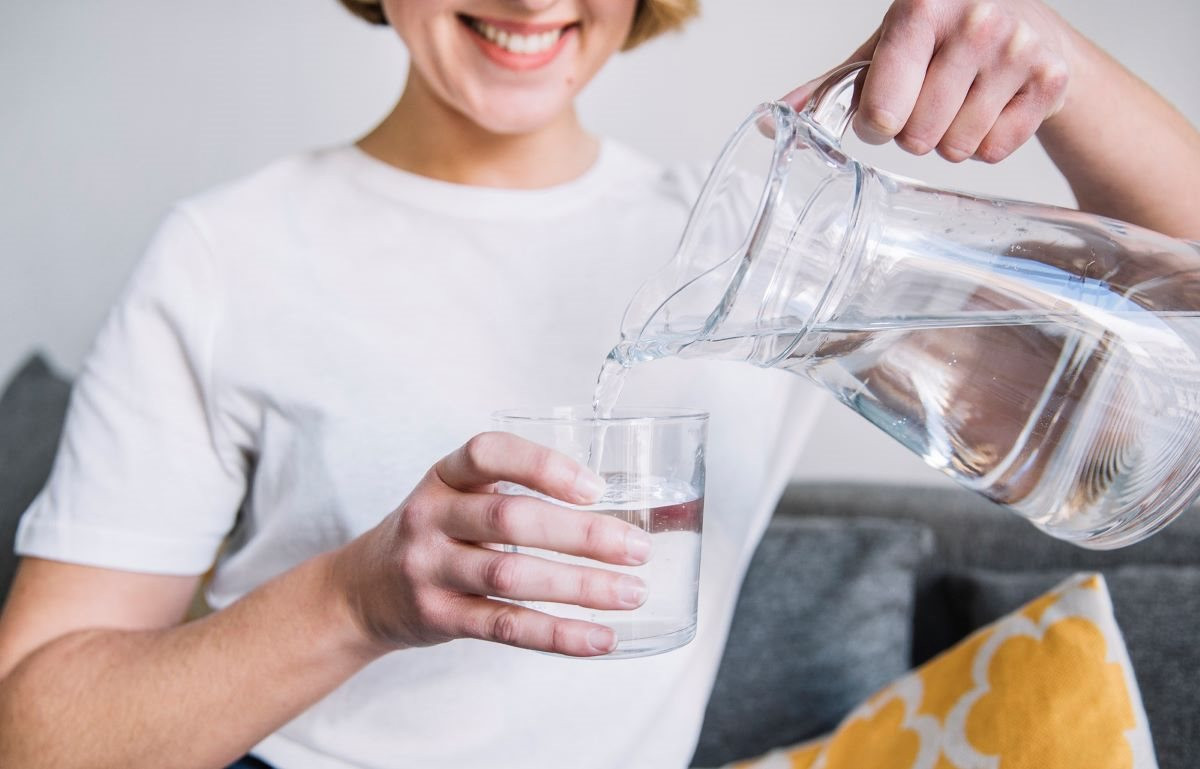Acne can get worse due to dry skin and lack of moisture in the winter in the North. Some of the following skin care tips can help you prevent and minimize acne in the winter weather...

1. Change your cleanser
If your skin feels tight and dry after washing your face, you may need to switch to a gentler cleanser. In winter, use a non-foaming or creamy cleanser to help cleanse your skin properly without drying it out.
You should use facial cleansers that are mainly made from natural ingredients, which not only help to gently clean, improve radiance but also balance the pH of the skin. Wash your face with warm water instead of hot water to avoid the skin from being stretched or dried out.
Be careful not to use cleansers containing acne-fighting ingredients like salicylic acid and benzoyl peroxide because they can dry out your skin, especially if combined with other acne-fighting products.
2. Use moisturizer
Most acne products can cause some degree of dryness combined with low humidity... so moisturizing is even more important. Gentle moisturizers reduce dryness, prevent sebum secretion that clogs pores, and thus can improve acne skin condition.
Use a “non-comedogenic” moisturizer that contains ingredients like hyaluronic acid or ceramides. Applying moisturizer right after bathing is more effective. Avoid using moisturizing lotions, which often contain alcohol and fragrances that can irritate the skin and worsen acne.
Mild moisturizers reduce dry skin and prevent sebum from clogging pores, which can improve acne.
3. Don't forget sunscreen
Sunlight is the leading 'culprit' that damages the skin. In particular, some acne treatment methods or products can make the skin more sensitive to sunlight. Therefore, using sunscreen not only helps prevent sunburn but also protects the skin, preventing premature aging with manifestations of hyperpigmentation, wrinkles, dark spots and melasma.
You should use a broad-spectrum sunscreen with an SPF of at least 30. Reapply sunscreen 2-3 times a day and prioritize using products that are protective and moisturizing, oil-free for acne-prone skin or from natural ingredients.

4. Drink enough water
One of the reasons why acne flares up in winter is due to lack of moisture and dryness in the skin. Make sure to drink enough water every day to hydrate your skin from the inside. At the same time, limit coffee and caffeinated drinks because they can cause dry, flaky skin and increase the risk of developing acne.
In addition, the following problems should be avoided when caring for acne-prone skin in winter. That is, limit the consumption of sugar and dairy products. Avoid taking hot baths for too long. Washing your face or bathing with warm water is better for acne-prone skin. Avoid using skin care products containing oil because it aggravates acne. Avoid using skin care products containing fragrances or perfumes because they can irritate the skin. Do not use thick moisturizers. You can use liquid moisturizers and reapply many layers for better moisturizing effect without clogging pores.
According to Health and Life